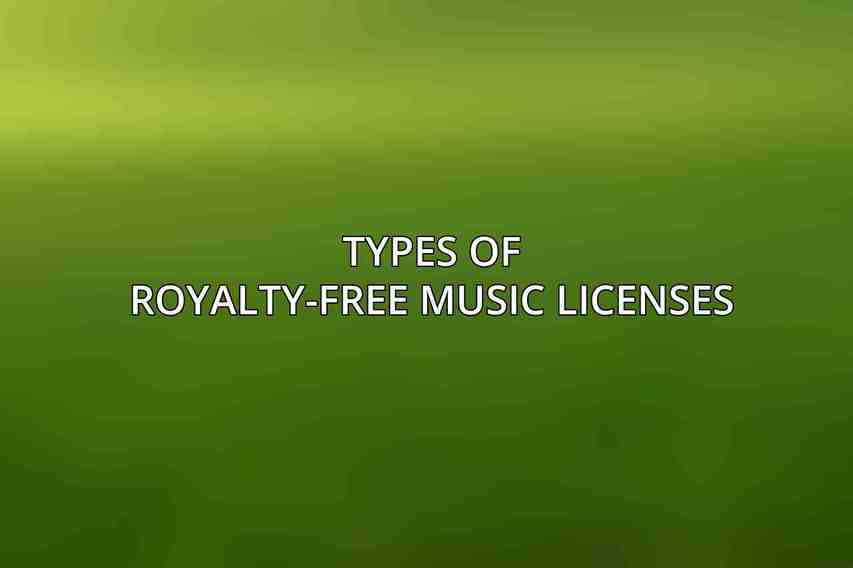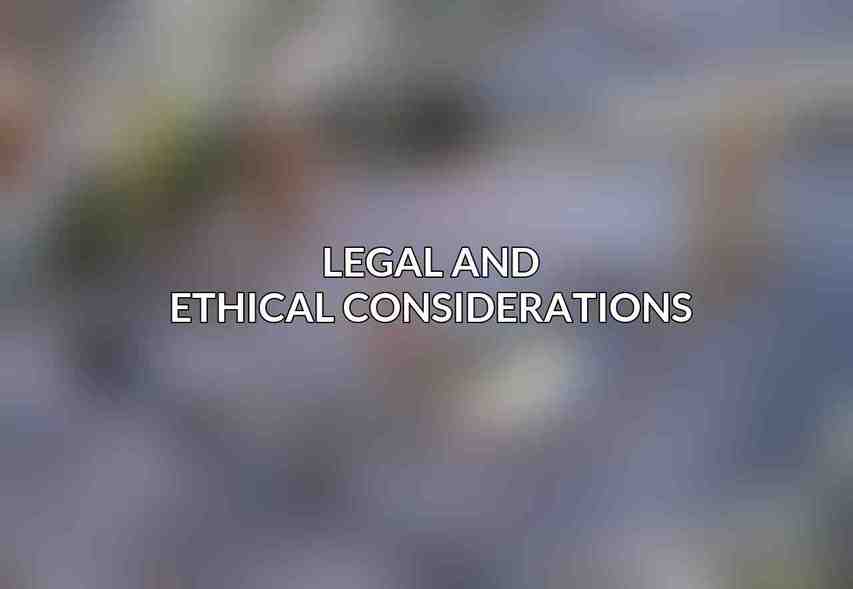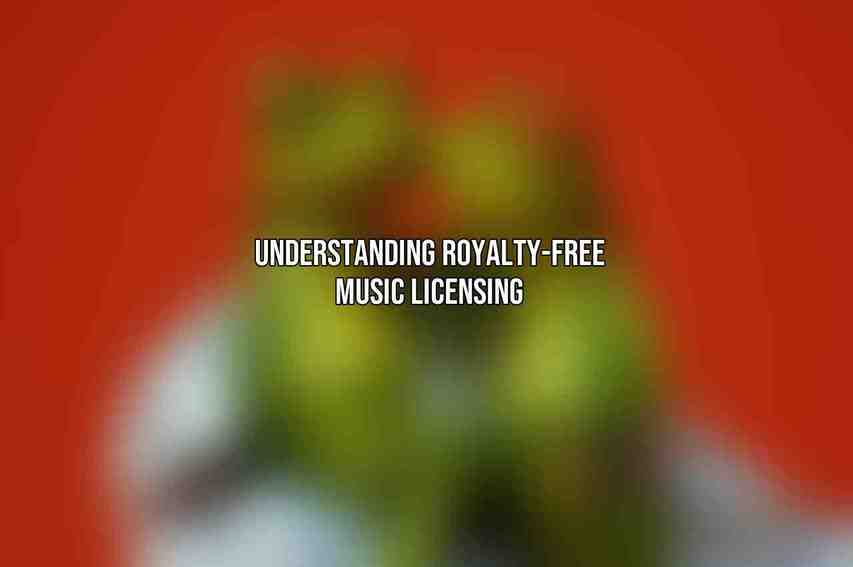Royalty-free music refers to a type of music licensing that allows the purchaser to pay for the music license only once and use the music for as long as desired without additional royalties. This means the user can use the music without having to pay recurring fees based on usage. There are different types of royalty payments associated with music, such as performance royalties, mechanical royalties, and synchronization royalties. Understanding the difference between public domain and royalty-free music is crucial. Public domain music is free for anyone to use without restrictions, while royalty-free music still requires a one-time payment for the license.
B. Advantages and Disadvantages of Using Royalty-Free Music
Benefits:
- Cost-effective for specific uses: Royalty-free music is a budget-friendly option for various projects, especially for individuals or small businesses with limited resources.
- Wide selection and variety: There is a vast library of royalty-free music available, covering genres from classical to electronic, ensuring there is something for every project.
- Legal protection for content creators: Using royalty-free music helps avoid copyright infringement issues, providing peace of mind for creators.
Drawbacks:
- May have limited exclusivity: Since royalty-free music can be accessed by multiple users, there is a possibility of hearing the same tracks in different projects.
- Potential for overused or generic music: Some royalty-free music libraries may contain music that lacks uniqueness or may have been used extensively in other projects.
- License restrictions may vary: It’s essential to carefully read and understand the license terms as they can vary between different music providers, impacting how the music can be used.
Types of Royalty-Free Music Licenses

A. Non-Exclusive Licenses
Non-exclusive licenses allow multiple users to license the same music track, and the rights are not restricted to a single user. While these licenses are affordable and widely available, the lack of exclusivity can lead to overused music and less flexible license terms.
B. Exclusive Licenses
Exclusive licenses provide the purchaser with sole rights to use the music, offering greater control over its usage and distribution. However, these licenses come at a higher cost compared to non-exclusive licenses and may have limited availability and selection.
C. Production Music Licenses
Production music licenses involve music specifically created for commercial or creative use, often tailored to fit specific projects. While these licenses offer customization options, they generally come at a higher cost due to production expenses and may not be as widely accessible as other forms of royalty-free music. Learn more about Tips for Choosing the Perfect Royalty-Free Music for Your Video You can find more information on Best Royalty-Free Music Tracks to Use in 2024
Legal and Ethical Considerations

A. Understanding License Agreements
It’s crucial to read and comprehend license terms, including common clauses and restrictions, to ensure compliance with the agreement. Paying attention to attribution and credit requirements is essential to avoid any legal issues.
B. Avoiding Copyright Infringement
Using licensed music is vital in preventing copyright infringement. The consequences of using unlicensed or copyrighted music can result in legal actions, making it essential to follow best practices to stay within legal boundaries.
C. Ethical Implications
Respecting artists’ rights and ownership by using music ethically, adhering to fair use principles, and avoiding plagiarism are integral to maintaining integrity in content creation.
Finding and Using Royalty-Free Music
A. Online Platforms and Marketplaces
Numerous online platforms and marketplaces offer royalty-free music, such as Epidemic Sound and Artlist, providing users with a wide array of music choices. These platforms feature advanced music search engines and filtering options to assist users in finding the right music for their projects. You can find more information on Top Platforms for Royalty-Free Music in 2024
B. Direct Licensing from Artists
Working directly with independent musicians for licensing music can have its advantages, such as establishing personal connections and negotiating specific terms. However, it’s essential to understand the process of contacting artists and agreeing on license terms.
C. Creative Commons Music
Creative Commons offers a range of licenses that allow artists to share their work with specific usage permissions. Understanding the different types of Creative Commons licenses is essential, as they come with advantages and limitations depending on the intended usage.
Best Practices for Using Royalty-Free Music Effectively
A. Matching Music to Your Content
Selecting music that aligns with the tone, mood, and message of your project is crucial for enhancing the overall impact of the content.
B. Editing and Enhancing Music
Basic audio editing techniques and the use of software tools can help tailor music to fit specific project requirements, ensuring optimal usage.
C. Using Music in Different Media
Adhering to guidelines for using music across various platforms, understanding copyright considerations, and staying updated on platform-specific regulations are key for effectively integrating music into different types of media.
understanding the nuances of royalty-free music licensing, exploring different license types, considering legal and ethical implications, and implementing best practices are essential for utilizing royalty-free music effectively in creative projects.
Frequently Asked Questions
What is royalty-free music licensing?
Royalty-free music licensing allows individuals or businesses to use music in their projects without having to pay royalties or ongoing fees each time the music is used.
How is royalty-free music different from traditional licensing?
With royalty-free music, you pay a one-time fee to use the music as many times as you want, while traditional licensing requires you to pay royalties each time the music is used. Read more about this on Essential Royalty-Free Music Guide for YouTube Creators
Can I use royalty-free music for commercial purposes?
Yes, royalty-free music can be used for commercial purposes such as advertisements, videos, podcasts, and more without the need to pay additional royalties.
Do I need to credit the artist when using royalty-free music?
While crediting the artist is not always required for royalty-free music, it is recommended as a courtesy to the creator of the music.
Where can I find royalty-free music for licensing?
There are many websites and online platforms that offer royalty-free music for licensing, including stock music libraries, music licensing marketplaces, and music production companies.

